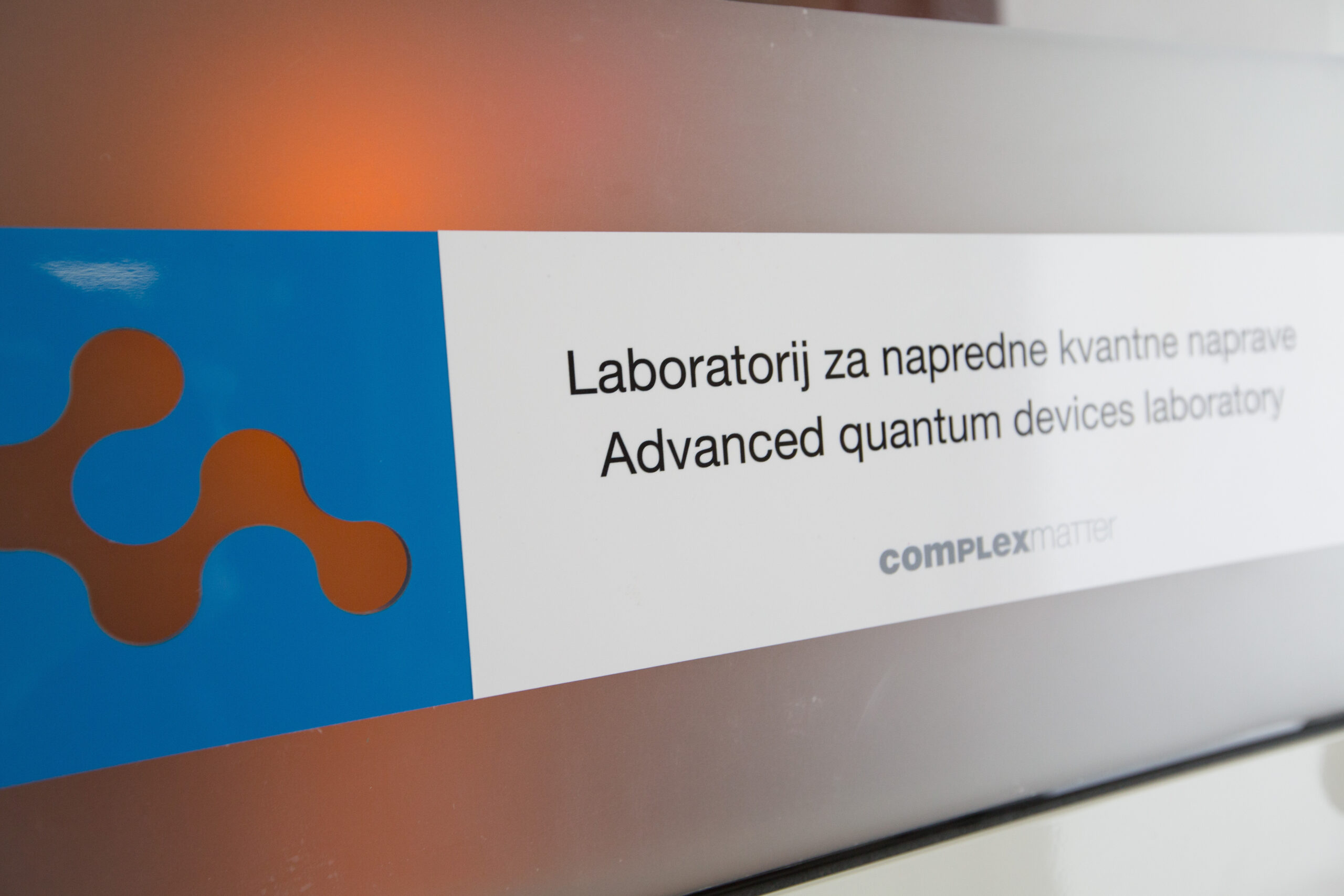The proposed research aims to explore the fundamental mechanisms governing the metastability of hidden electronic orders in quantum systems and the means for stabilizing new electronic states in mesoscopic clusters (a few tens of nanometres to a few micrometres), which will eventually lead to dynamic nanoscale strain textures. Despite extensive theoretical and experimental efforts, the phenomena underlying the properties of quantum systems on these length scales remain poorly understood due to the inherent complexity of such large clusters. By employing advanced experimental techniques, we seek to provide crucial insights into the microscopic mechanisms responsible for the emergence and stability of electronic textures, particularly those induced and controlled by electric currents. Based on our proof-of-concept experiment, it is evident, that detailed interplay between the electrons and the lattice needs to be considered.
A key focus of this project is the demonstration of current-driven electronic textures. Additionally, we will investigate the stability of nano- and microscale electronic textures at elevated temperatures, further advancing the feasibility of potential device applications. Our findings could lead to the development of novel architectures for memory devices, optical modulators, and other quantum technologies.
